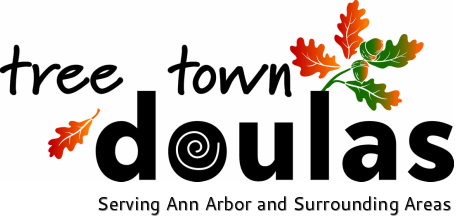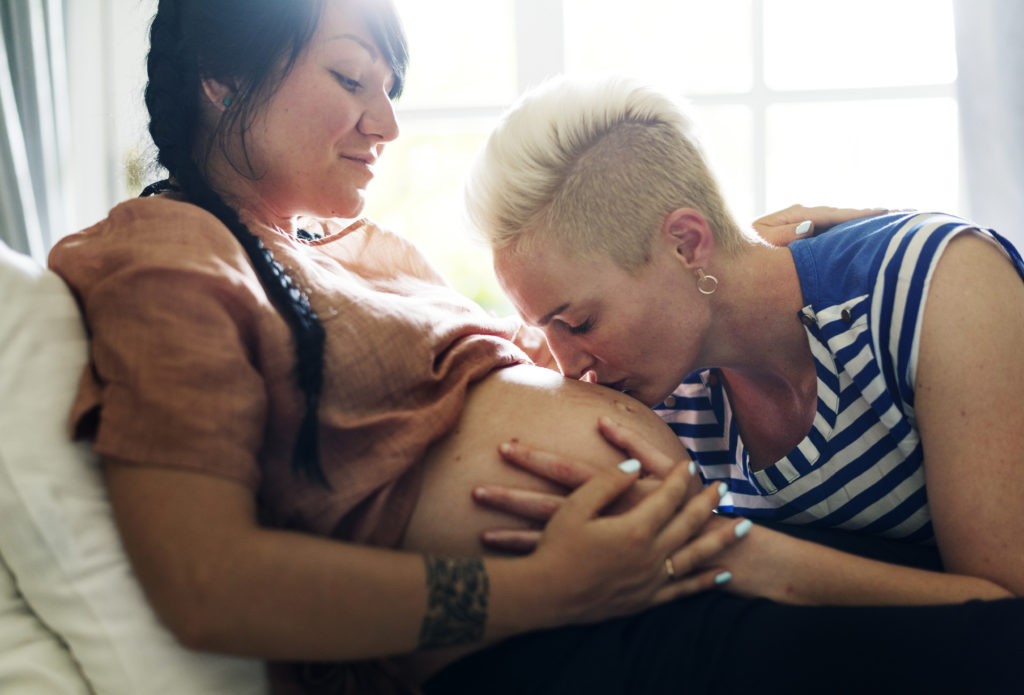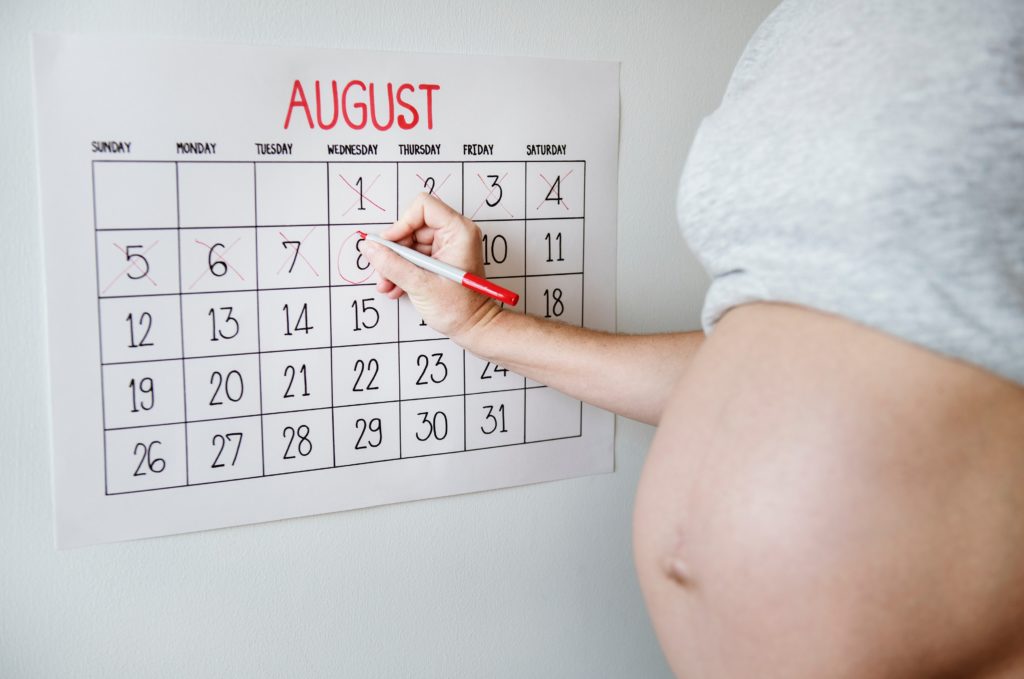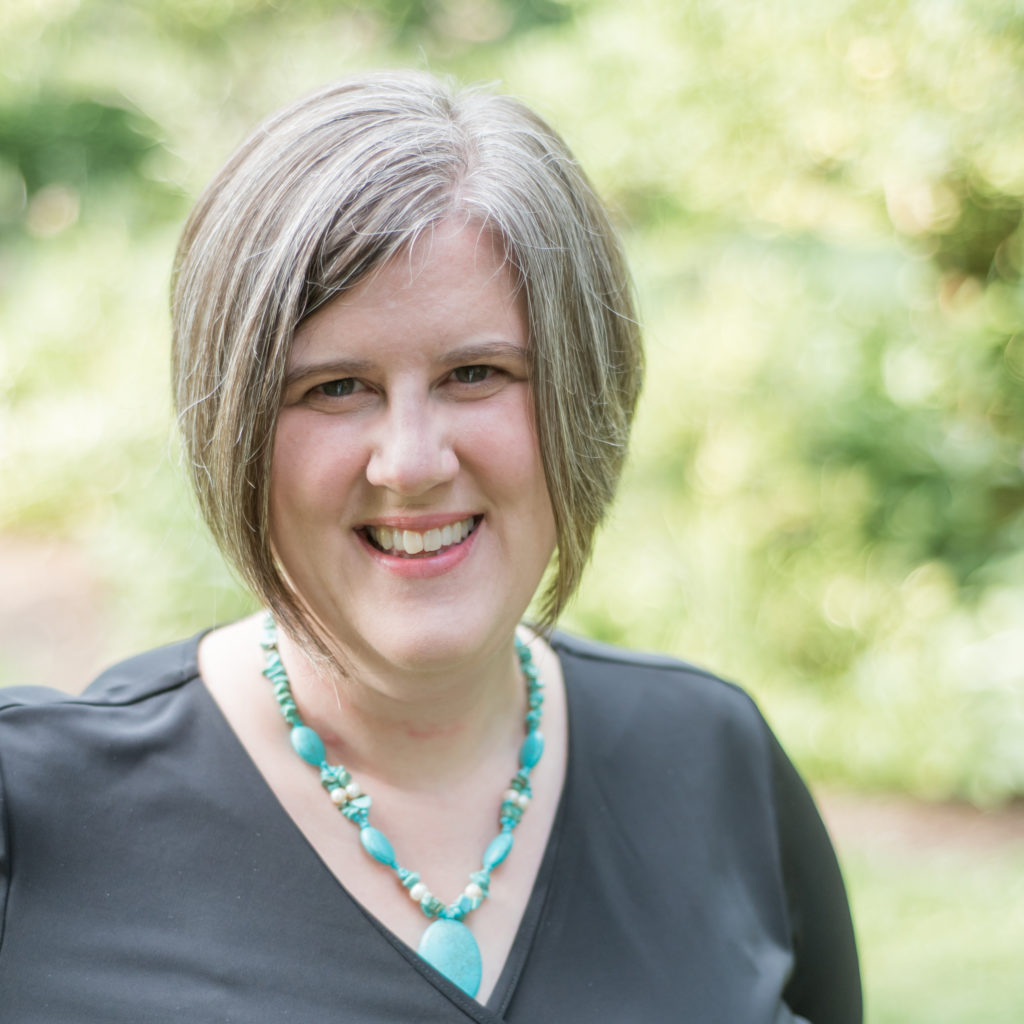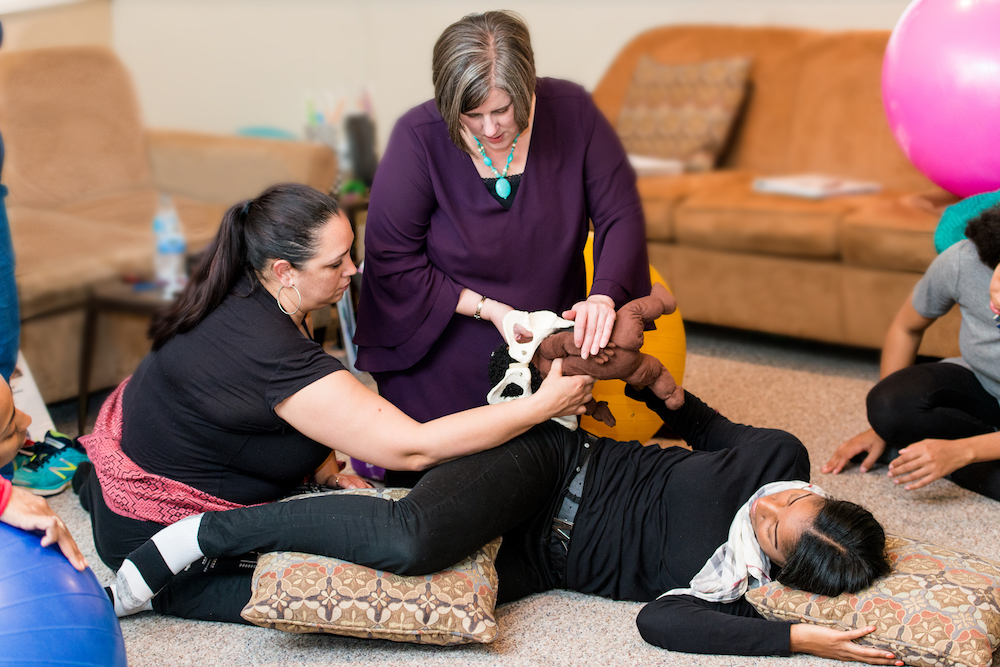CLASS IS IN SESSION
Who’s hype for August’s Childbirth Education Classes? THESE DOULAS ARE!!
At Tree Town Doulas, we HIGHLY recommend taking a Childbirth Education Class of some shape or form before you give birth. Whether it’s an online course, a hospital tour/class combo, a condensed course for busy parents, or the full 8-weeks complete with demonstrations. No matter how many books your read, or how many tutorials you watch, these classes are truly invaluable. So if you’re on the fence about whether or not to take a Childbirth Education Class, here are some of the amazing benefits they bring parents:
- Learning about your options. We fully believe that you should have your baby on your terms and no one else’s (except maybe the baby’s because babies really do have agendas of their own). The key to this is knowing your options and alternatives. Because, ultimately, YOU are in control of your body. A childbirth education class walks you through the options/alternatives you’ll have available during different situations in childbirth. And while you might not remember every little detail, classes give you the tools to ask the right questions so that you can get the information you need to make an informed decision in the moment.
- Addressing fears and concerns. Everyone’s body is different, and for this reason every birth is different. This ambiguity can be a huge source of anxiety for parents, and understandably so! Attending a childbirth education class provides the unique opportunity to ask questions real-time right as they come up, and receive validation from other parents who are also going through the same thing. Childbirth books and literature are incredibly helpful and necessary, but they tend to be geared towards the general public. A class will allow you to address concerns and ask questions that are geared more towards you specifically!
- Building confidence. Confidence is key! And every parent deserves to trust in themselves. Classes not only boost confidence by creating a more concrete image of what labor can look like, but they can also teach you strategies to make your labor your own.
- Building community. Finding out you’re pregnant can be overwhelming for some parents. For this reason, one of the greatest benefits of childbirth education classes is a sense of community. Whether that’s through having fears validated by another parent, or making a new parent-friend. Never underestimate the comfort that can be found in knowing that someone understands what you’re going through!
- Tailoring to your specific needs. On the flip side, parents can also feel intensely anxious about the social aspect of childbirth education classes. But don’t be discouraged! Many birth work agencies offer online courses or one-on-one childbirth education classes that you can tailor to YOUR needs (here you can check out the classes offered by Tree Town Doulas!).This is also a wonderful option of you have specific medical conditions or social identities that are often overlooked in classic childbirth classes. EVERY parent deserves to feel validated and seen, so this can be a wonderful option for LGBTQ+ parents, Parents of Color, and parents with disabilities who might not otherwise find the representation they need and deserve.
- Enhancing communication skills with your labor partner. Childbirth education classes don’t just prepare parents and their labor partners for birth in “theory,” they also give you the opportunity to explore methods of support together in practice. Communicating verbally is one thing, but supporting and communicating can be very different when a person is in physical pain. Many of the exercises in childbirth education classes are geared towards enhancing this communication and increasing your bond with the person supporting you through labor.
- Hands-on learning. Childbirth naturally comes with a lot of adrenaline. That means that when your contractions actually start, it’s easy for all of the information you learned about childbirth to just fall right out. In a childbirth ed class they’ll have you practice comfort strategies and labor positions in person, so that when you’re actually in labor it’ll already be committed to your physical memory. That way, you won’t even have to think about it!
- Exploring hospital facilities and their go-to practices. One of the perks of taking a class at the hospital where you plan to give birth, is that you’ll be able to familiarize yourself with the location. That way it’s less hectic when you’re actually in labor! You’ll also be able to ask questions about the hospital’s go-to procedures. This is of the utmost importance because birth philosophy is everything. Whether you’re planning to give birth with minimal interventions, or through a planned C-section, it’s so important to make sure that your providers will support you along the way when it’s time to birth your baby.
- From a doula’s perspective: Even if you’re thinking of hiring a doula, we STILL recommend signing up for a class! You’ll definitely be able to go over questions in your prenatal visits, but we highly recommend learning as much as you can ahead of time. That way when you show up for your prenatal visits, you won’t have to spend as much time rehashing the basics and your doula can tailor your prenatal visit to your specific needs.
Hopefully by this point we’ve got you convinced of the immense benefits that come with attending a class. Of course these benefits apply to Childbirth Education Classes in general, but if you’re interested in signing up for a Childbirth Education Class through Tree Town Doulas, feel free to take a gander over to that part of our website!
